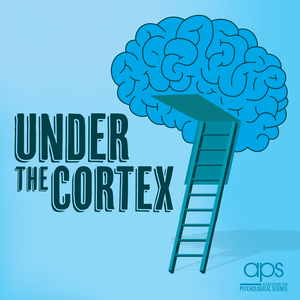Why do we avoid retracing our steps—even when it helps us reach our goals faster? In this episode of Under the Cortex, host Özge Gürcanlı Fischer-Baum speaks with Kristine Cho and Clayton Critcher from the University of California, Berkeley about their latest research on doubling-back aversion: the tendency to resist more efficient paths if they require undoing prior effort.
Across four studies involving performance tasks and virtual navigation, Kristine finds that people often choose less efficient strategies simply to avoid feeling like their past actions were a waste. This aversion, while related to the sunk-cost fallacy, has its own unique psychological fingerprint.
Tune in to learn how our perceptions of effort, progress, and meaning can lead us astray—even when we know better.
If you're interested in learning more about this research, visit psychologicalscience.org.
Send us your thoughts and questions at
[email protected].


